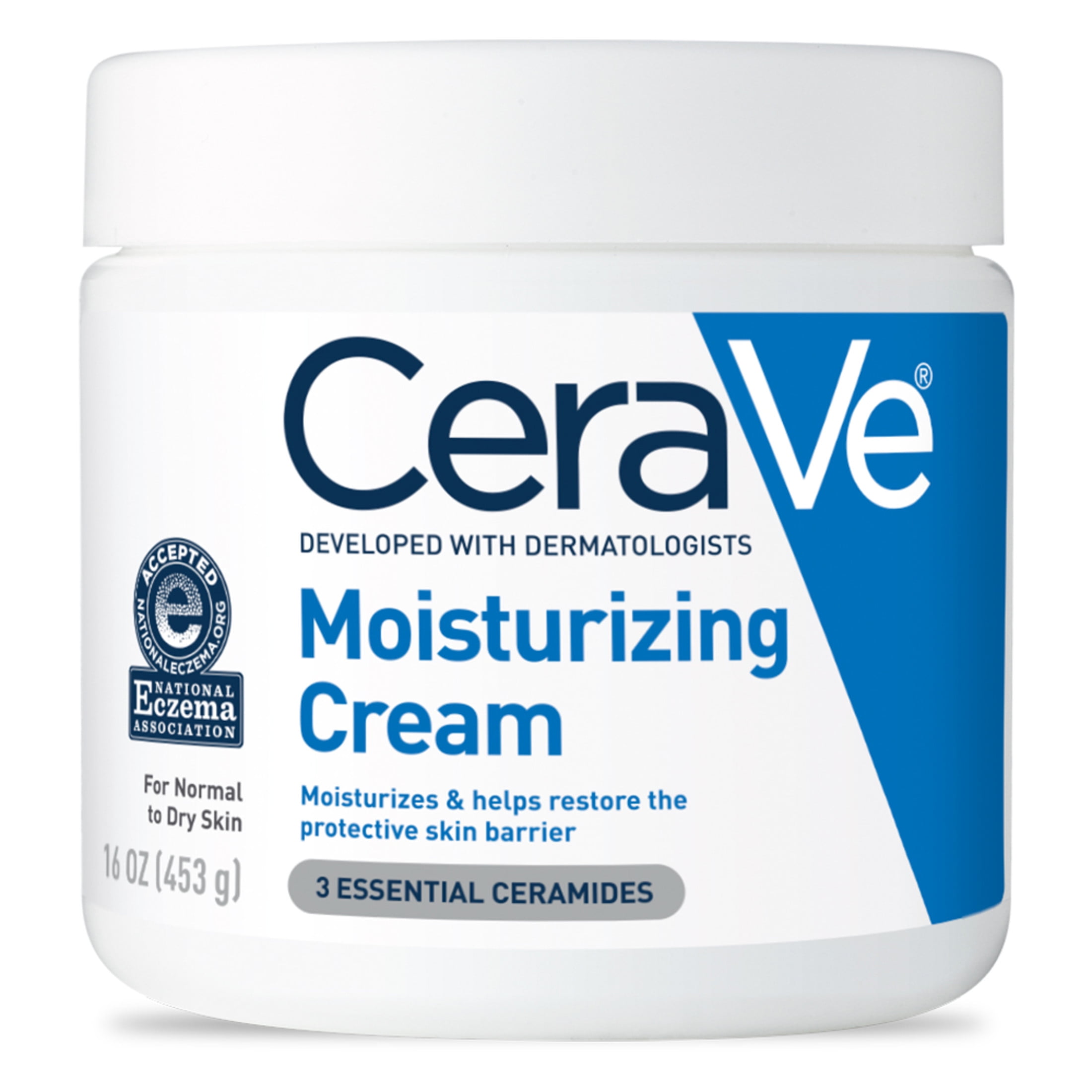Index Surge: Amplifying Your Insights
Stay updated with the latest trends and news across various industries.
Moisturizer Mysteries: What Your Skin is Trying to Tell You
Unlock the secrets of your skin! Discover what your moisturizer is trying to reveal about your health and beauty in our latest blog.
Decoding Dryness: What Your Skin's Texture Reveals About Your Moisturizer Needs
Understanding the intricacies of your skin's texture is crucial for identifying its moisturizer needs. Dry skin can manifest in various ways, such as flakiness, tightness, or rough patches. These symptoms often indicate that your skin is in desperate need of hydration. When examining your complexion, look for telltale signs like scaling or redness, which may suggest that your current moisturizer isn't providing sufficient moisture. Cater your choice of product based on these observations, focusing on hydrating ingredients like glycerin, hyaluronic acid, or ceramides that can penetrate deeper layers and restore the skin’s barrier.
Moreover, different types of dryness call for tailored approaches. For instance, if your skin feels parched but lacks visible flakes, you might benefit from a lighter lotion or gel-based moisturizer that hydrates without a greasy feel. On the other hand, if you notice persistent cracks or a rough texture, consider a more emollient product, such as a creamy balm, that can nourish and lock in moisture effectively. Learning to decode what your skin reveals through its texture can significantly enhance your skincare routine and help you achieve that coveted radiant glow.

The Truth About Oils: Can Your Skin Really Benefit from Oil-Based Moisturizers?
When it comes to skincare, oils often get a bad reputation, largely due to the misconception that they can clog pores and lead to breakouts. However, the truth about oils is that they can actually provide significant benefits to your skin. Oil-based moisturizers are packed with essential fatty acids, vitamins, and antioxidants that are crucial for maintaining healthy skin. These ingredients work by creating a barrier that locks in moisture, ensuring your skin stays hydrated throughout the day. Furthermore, many natural oils possess anti-inflammatory properties, making them ideal for soothing irritated or sensitive skin.
It's important to choose the right type of oil for your skin type. For instance, jojoba oil closely resembles human sebum and is great for all skin types, including oily skin. On the other hand, heavier oils like coconut oil can be beneficial for those with dry skin. Additionally, incorporating oil-based moisturizers into your routine can enhance the absorption of other skincare products, allowing your skin to reap the full benefits of serums and treatments. Ultimately, embracing oil-based moisturizers can transform your skincare routine and lead to a healthier, more radiant complexion.
Is Your Moisturizer Right for You? Common Signs Your Skin Might Be Telling You
Choosing the right moisturizer is essential for maintaining healthy skin, but sometimes our skin provides clues when something isn't working as it should. Common signs that your moisturizer might not be suitable for you include feeling tight or dry shortly after application, or experiencing excessive oiliness and breakouts. Skin irritation, such as redness or itchiness, can also indicate that your moisturizer is not compatible with your skin type. Observing these signs can help you determine when it’s time to reassess your moisturizing products.
Another telltale sign that your moisturizer may not be right for you is the appearance of dry patches, flakiness, or a lack of radiance in your complexion. If you notice that your skin is not responding well—showing signs of dullness or uneven texture—it might be time to switch to a formula that better suits your skin’s unique needs. Remember, every individual’s skin is different, and finding the right product may require some trial and error to achieve that healthy, glowing look.